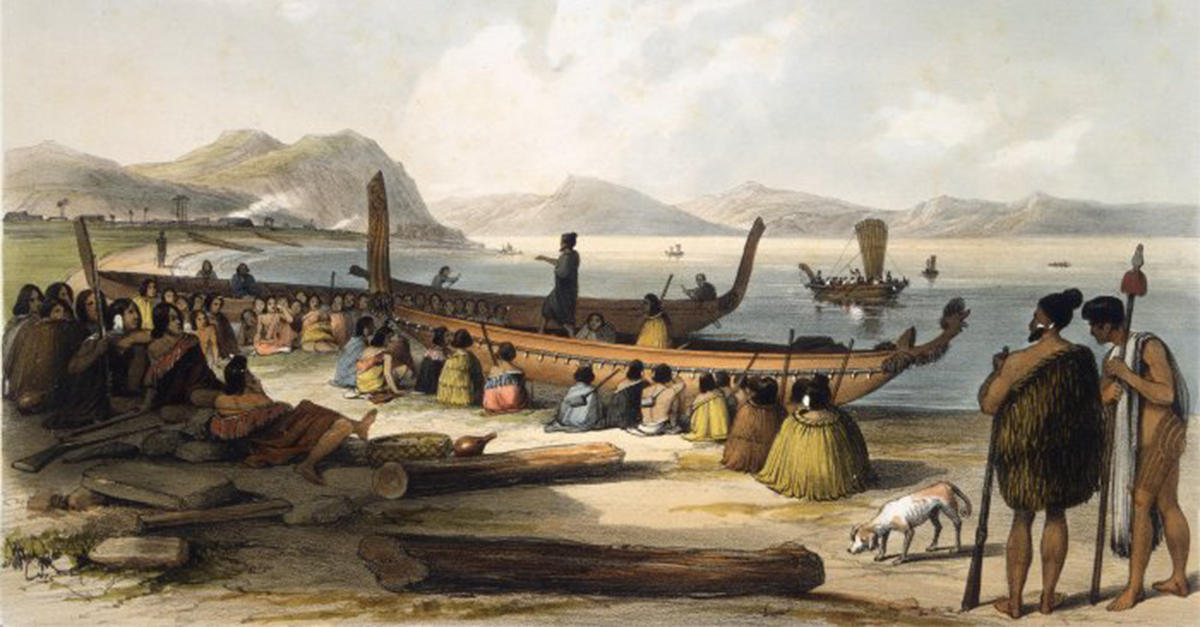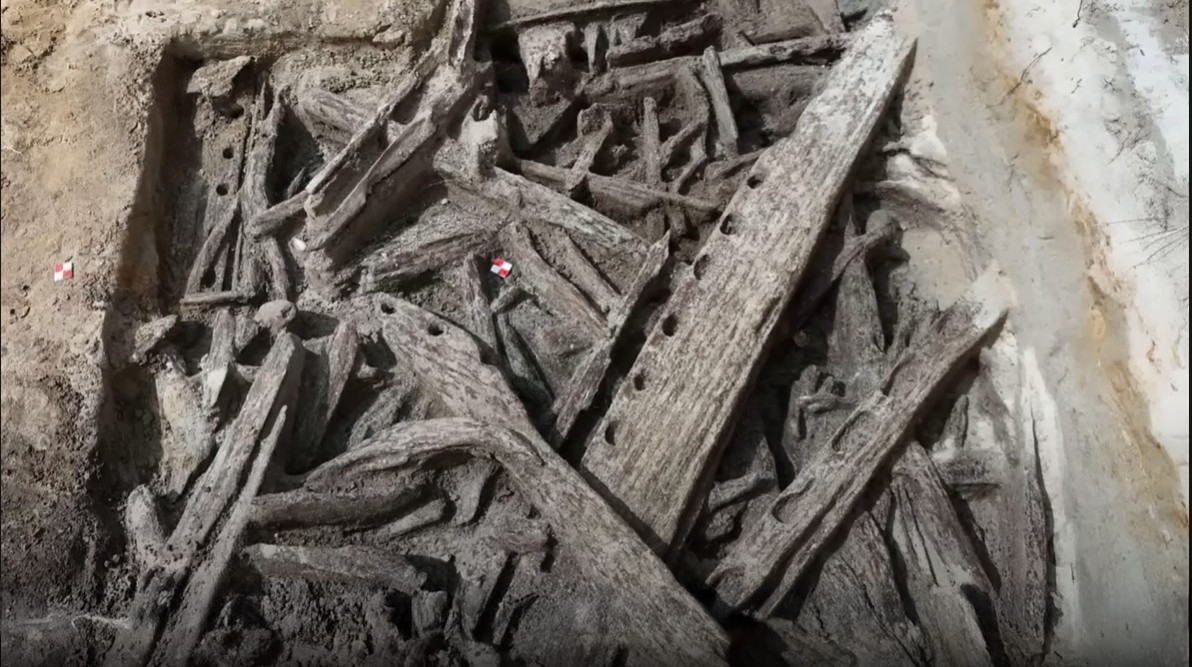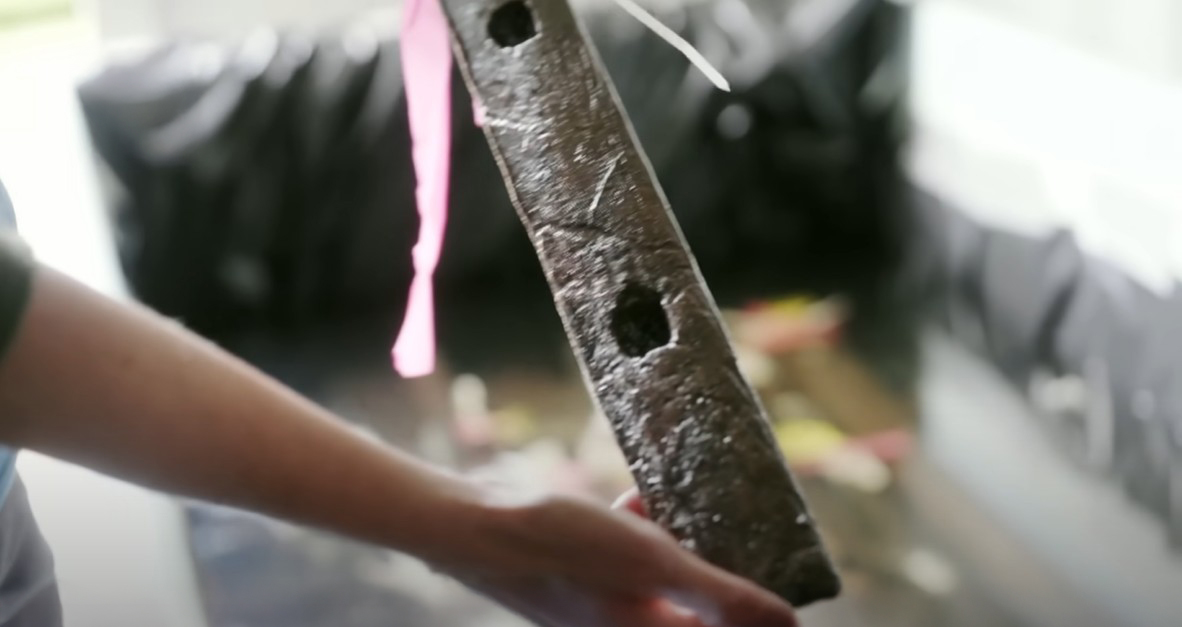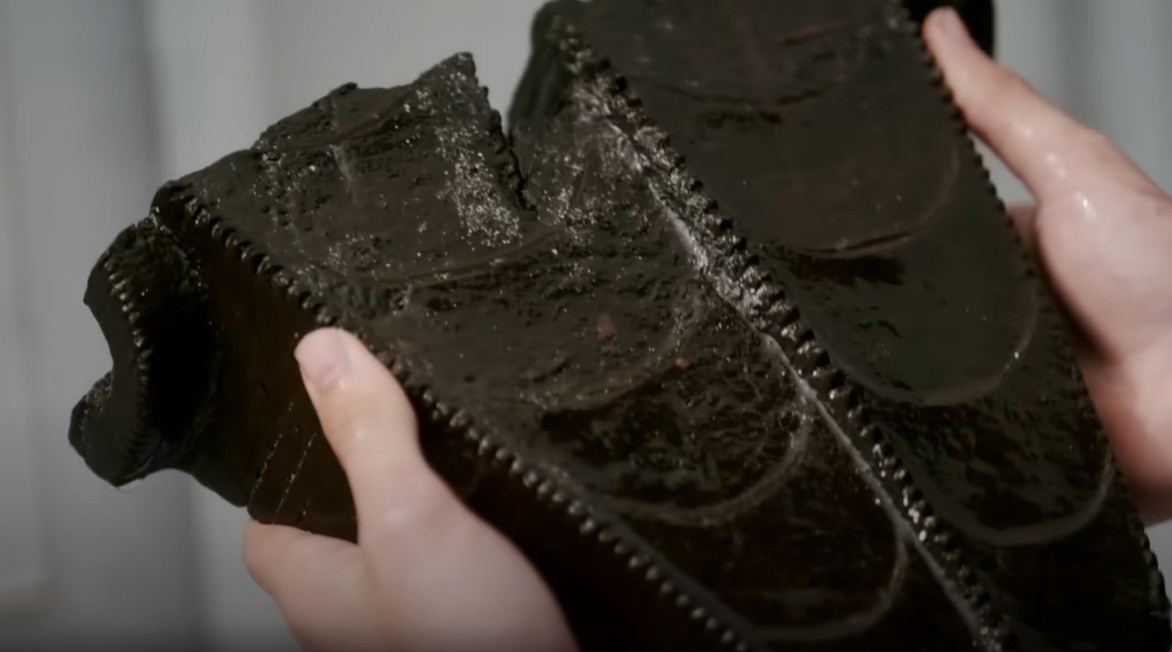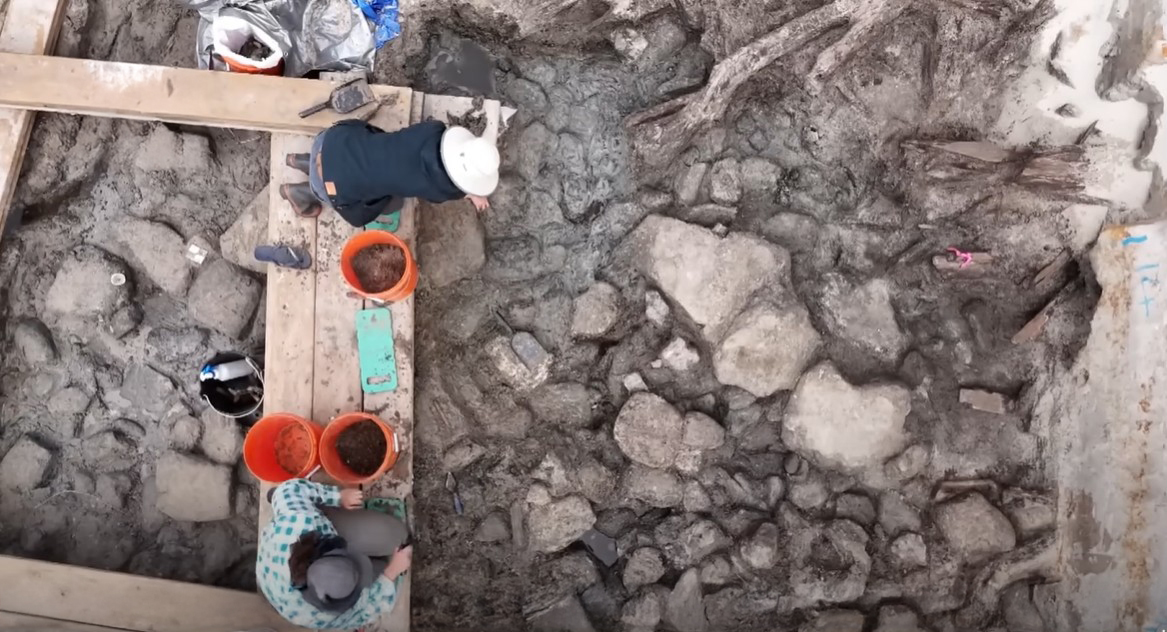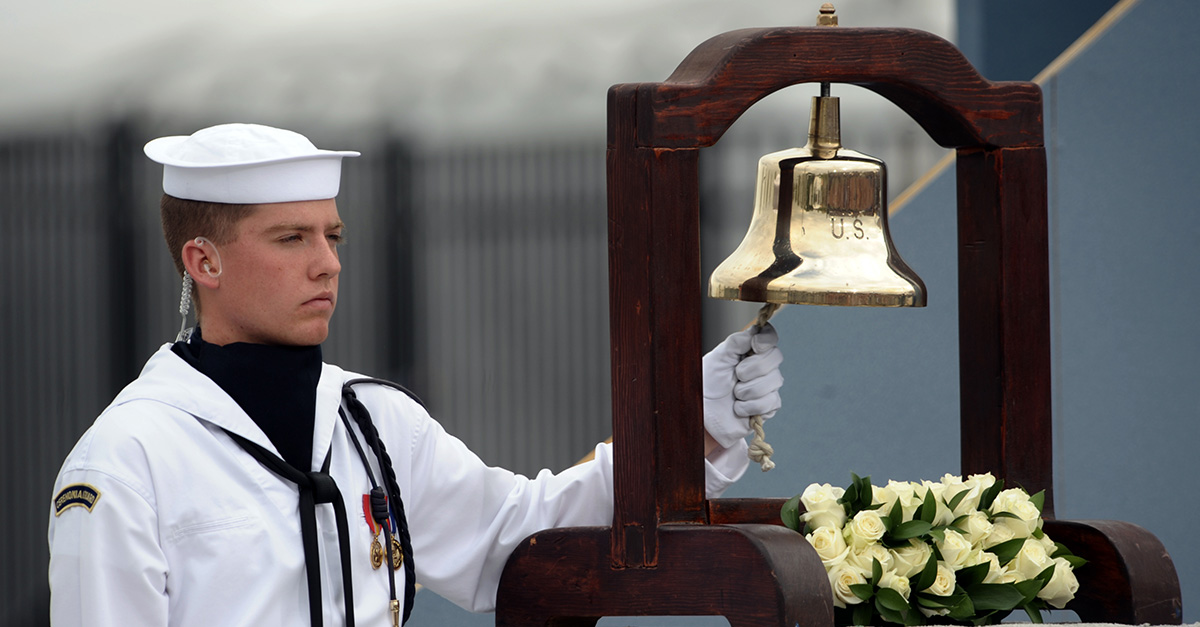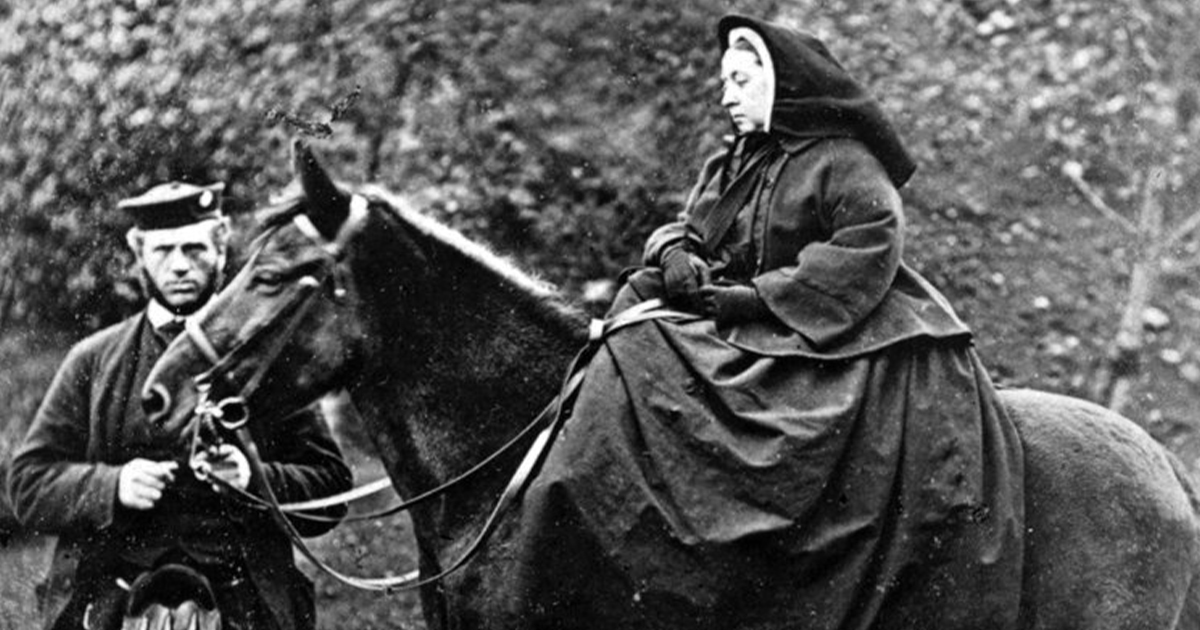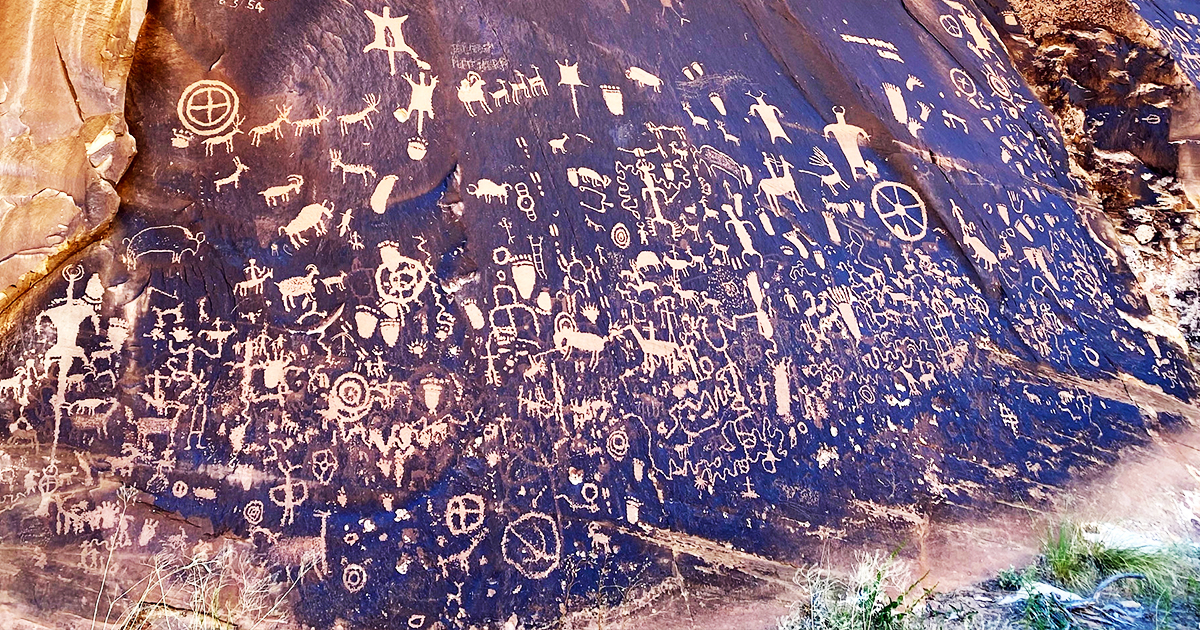In a major archaeological breakthrough on Chatham Island in New Zealand’s remote archipelago, over 450 wooden fragments of a traditional Polynesian waka, or war canoe, were unearthed from a creek bed. The random discovery by a local fisherman and his son after a heavy rainfall has caused a wave of excitement about Moriori seafaring traditions and the technical craftsmanship involved with early Oceania navigation.
Enterprising Locals Found A Priceless Treasure
Vincent and Nikau Dix stumbled upon waterlogged wood during a walk along the creek. Their interest aroused by odd carvings, they assembled some pieces at home, and soon grasped they might belong to a canoe. They wisely got on the phone to the authorities, and that’s what led to a proper archaeological excavation and recovery of hundreds more of the priceless fragments.
The Raw Materials Were Incredibly Well Preserved
The waterlogged creek preserved all kinds of other fragile materials along with the wood. These included braided lashings, sail fibers, pāua (abalone) shell inlays, obsidian decorations, and pieces of rope. This is an amazingly complete set of artifacts; there are even plank sections with holes for lashings, showcasing the advanced canoe-building techniques of long ago.
A Moriori Ancestral Waka
The Moriori are the indigenous people of Rēkohu, or Chatham Island. Moriori tribal leaders, including Maui Solomon, suggest this canoe was ancestral, that is, it was a vessel used during migration or for daily life. Moriori oral tradition tells of waka with telltale bird-like handles and notching. The find resonates with all their traditional stories and gives us a fuller understanding of Rēkohu’s ancient canoe-building and seafaring heritage.
What It Means For Polynesian Navigation History
Polynesian cultures spread across the Pacific using sophisticated double-hulled canoes. But it’s exceedingly rare to discover a whole wreck. This find has to rank among the most important in Polynesia and especially for New Zealand archaeology. The discovery could reshape our knowledge of early maritime technology.
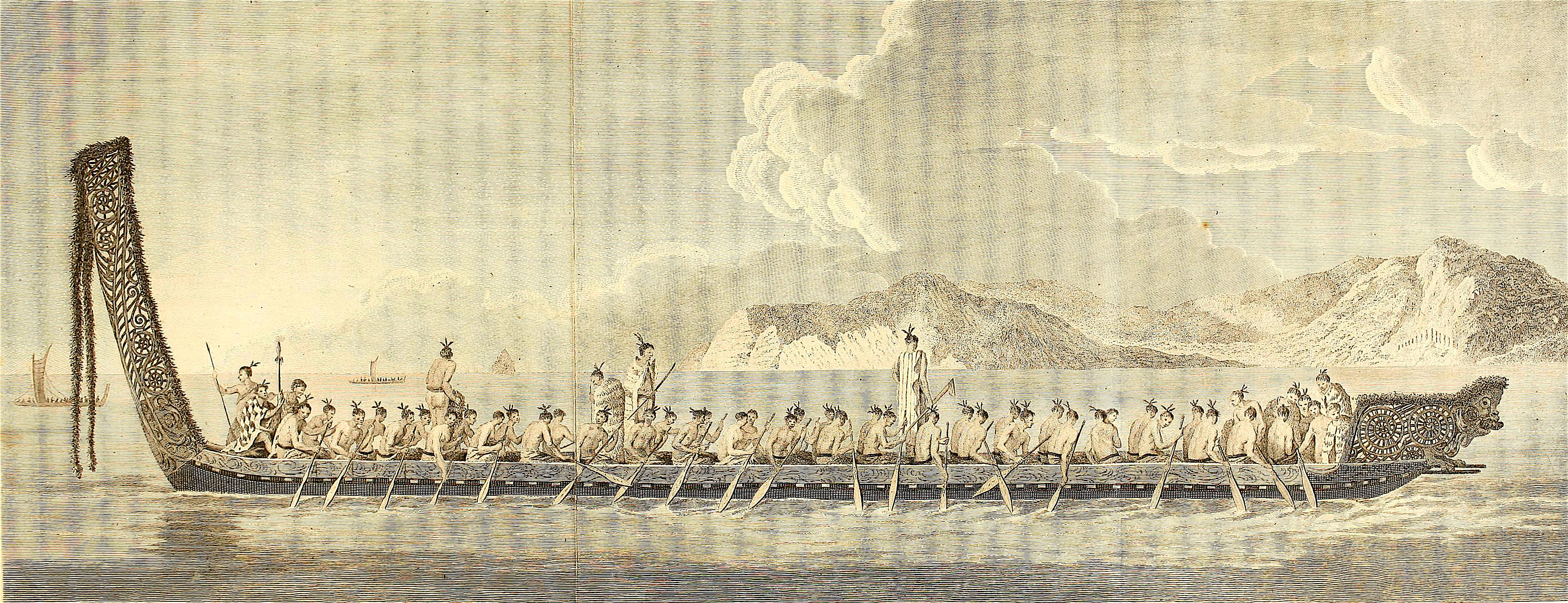 John Hawkesworth, et. al, Wikimedia Commons
John Hawkesworth, et. al, Wikimedia Commons
Artifacts Undergoing Radiocarbon Dating
Work is underway to assign radiocarbon ages to the artifacts. Right now the exact date is still unconfirmed, but conservative estimates suggest it come from before the main European contact. It could date from medieval Polynesia, which would solidify its importance to the historical record.
The Capable Hands Of Ancient Canoe-Builders
Preliminary analysis shows understanding and deliberate use of many timber types, likely including native species such as tōtara and rimu. These timbers were stitched with lashings and fastened with ornamental obsidian or shell. The construction was modular, which indicates a composite and diversified assembly sequence rather than simple carving from one tree trunk.
Modern Science And Traditional Indigenous Knowledge
The ongoing conservation efforts, like water tank storage and micro-excavation, are guided by archaeologists with the consultation Moriori/Māori tribal authorities. Future studies will help to bridge the physical data with Moriori oral history and Pacific-wide canoe narratives.
Conservation And Cultural Dialogue
Most of the remaining canoe parts have been buried back where they were found to protect them from exposure. The excavation site is all part of a careful plan to preserve heritage and foster Moriori/Maori-led decisions about research, interpretation, and possible future public exhibits.
A Far-Reaching Find For Pacific Archaeology
The discovery of this waka adds to our understanding of Polynesian seafaring, resource use, and island colonization. It also adds one more strand to the incredible narrative of the Polynesian peoples’ intrepid voyages across vast distances of the Pacific under their own navigational genius.
You May Also Like:
The discovery of Hawaii by the ancient Polynesians was one of history's greatest adventures.

